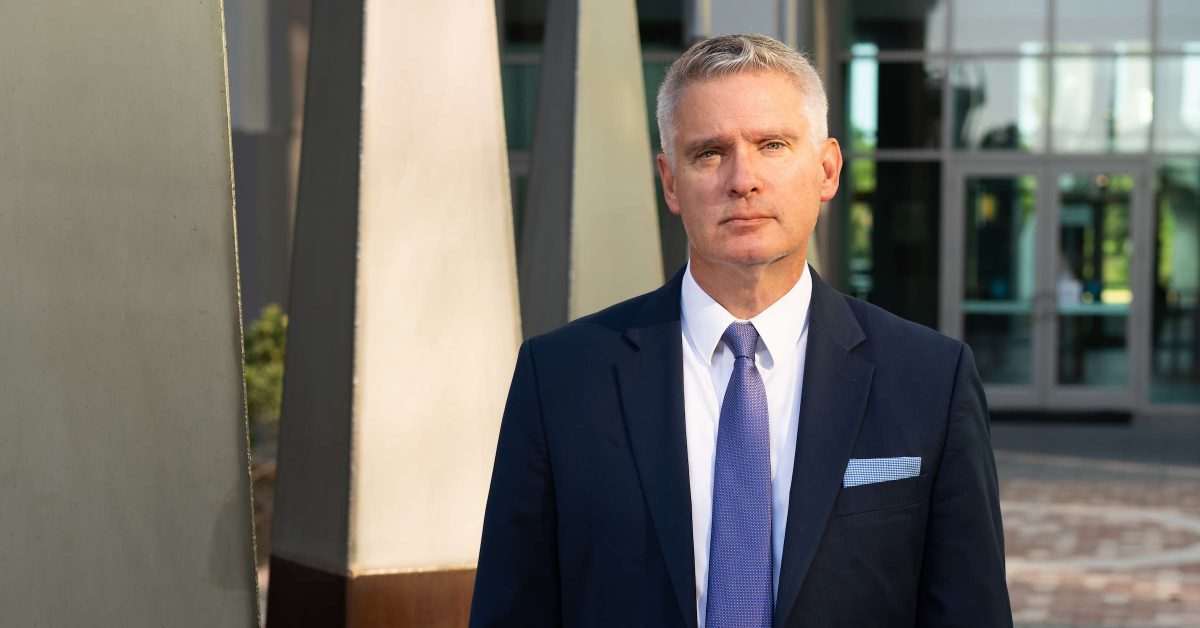There are lots of corny old jokes about disagreement among economists. Here’s one: If you took all the economists in the world and lined them up, holding hands, they still wouldn’t reach a conclusion.
A groaner, for sure. I didn’t say these are good jokes.
There’s another about someone hoping to find an economist with only one hand. Because economists tell you one thing and then hedge by saying, “but on the other hand …”
Jokes aside, most economists actually agree about lots of things. For example, in a recent survey conducted periodically by the American Economic Association, nearly 100% of economists agreed in principle with the following statement: “Tariffs and import quotas usually reduce general economic welfare.” Stated another way, economists agree trade is good.
Yet almost no one consults us about things we agree about. Instead, most questions we get are about where we disagree.
For instance, there are multiple schools of economic thought in the branch of study known as macroeconomics. This is the field that zooms out and looks less at firm and consumer decision-making and more at how fiscal policy, set by Congress and the president, and monetary policy, governed by the Federal Reserve, may or may not guide the economy to happy outcomes regarding the gross domestic product, inflation and unemployment. Economists get asked for our opinions on macro policy all the time, yet we can’t agree.
Keynesian economists think that through activist policies—such as deficit spending or interest rates—the economy can be masterfully played like a video game. Classicals and monetarists think such meddling distorts the decision-making environment for each of us in a way that reduces economic growth over time.
Sustainability is another sphere of economics in which economists disagree. And in this case, it’s not disagreement about which tools or policies will deliver best on our shared goals. Instead, the disagreement lies in the goal itself, because there are two views of sustainability in economics.
Nobel laureate Robert Solow, in a clever presentation from 1991, traces the dividing line between these two views. One perspective, which is frequently referred to as “ecological economics,” wants to make sure the next generation receives at least the same provision of natural resources as its predecessor. An admirable goal.
But another view suggests that if we care about future generations, then our goal should be to make sure we bequeath the next generation with sufficient productive resources so they may flourish even more than we did. Often referred to as “environmental economics,” this view suggests it’s acceptable to consume some natural resources today provided we replace them—through human ingenuity, invention and innovation—with other productive resources such as human and physical capital. In this view, then, it’s OK to consume some of today’s natural resources as long as future humanity can live leaner, cleaner and greener in exchange.
I am convinced most of today’s disagreements about sustainability result from disagreements about which view of sustainability we are talking about. I haven’t yet met anyone who doesn’t care about the planet. Instead, we argue over sustainability policies because we have different views of what we mean by sustainability in the first place. You probably won’t believe this, but I have been around long enough to witness ecological and environmental economists each weep openly for the planet because they think the other group has the wrong view of sustainability.
Sustainability arguments can be rancorous. But until we arrive at a shared vision of sustainability—or at least acknowledge which vision we have in mind when we discuss policy—it’s going to be difficult to arrive at any consensus regarding policy. You can’t agree on policy if you don’t first agree on which goalpost you are aiming for.
Victor V. Claar is an associate professor of economics at Florida Gulf Coast University’s Lutgert College of Business. He is the George Gibbs Center for Economic Prosperity adjunct director at the James Madison Institute and a Freedom & Virtue Institute board member.





